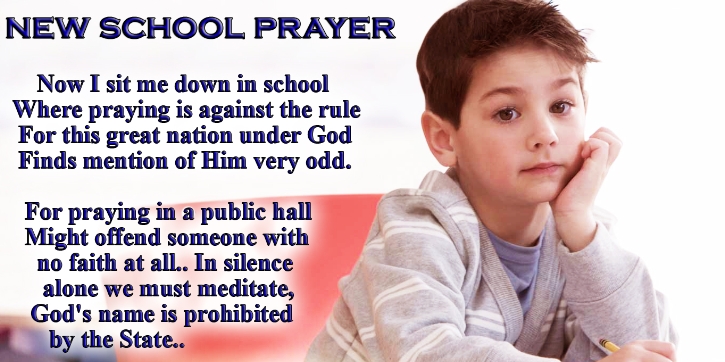The ongoing debate over Christian prayer in schools has been a hot topic for many years.
Constitutional Principles at Stake
The issue revolves around the First Amendment of the United States Constitution, which states that “Congress shall make no law respecting an establishment of religion, or prohibiting the free exercise thereof.” This principle, known as the separation of church and state, has been interpreted by the Supreme Court to mean that public schools cannot endorse or promote any specific religious beliefs.
Arguments For and Against
Proponents of Christian prayer in schools argue that allowing students to pray fosters a sense of community and morality, and helps instill values that are important in a school setting. They may also argue that prohibiting prayer is a violation of students’ First Amendment rights to freedom of speech and freedom of religion.
Opponents, on the other hand, argue that allowing school-sponsored prayer violates the rights of students who do not share the same religious beliefs. They argue that public schools should be neutral spaces when it comes to religion, and that promoting one religion over others can be exclusionary and divisive.
Legal Precedents
The Supreme Court has ruled on several cases related to prayer in schools, including the landmark case of Engel v. Vitale in 1962, which declared that official school prayers violated the Establishment Clause of the First Amendment. Since then, the Court has continued to uphold the separation of church and state in public schools.
In conclusion, the debate over Christian prayer in schools is a complex and contentious issue that touches on important constitutional principles. While individuals may have strong beliefs on both sides of the issue, it is ultimately up to the courts to determine what is constitutional when it comes to religion in public schools.


